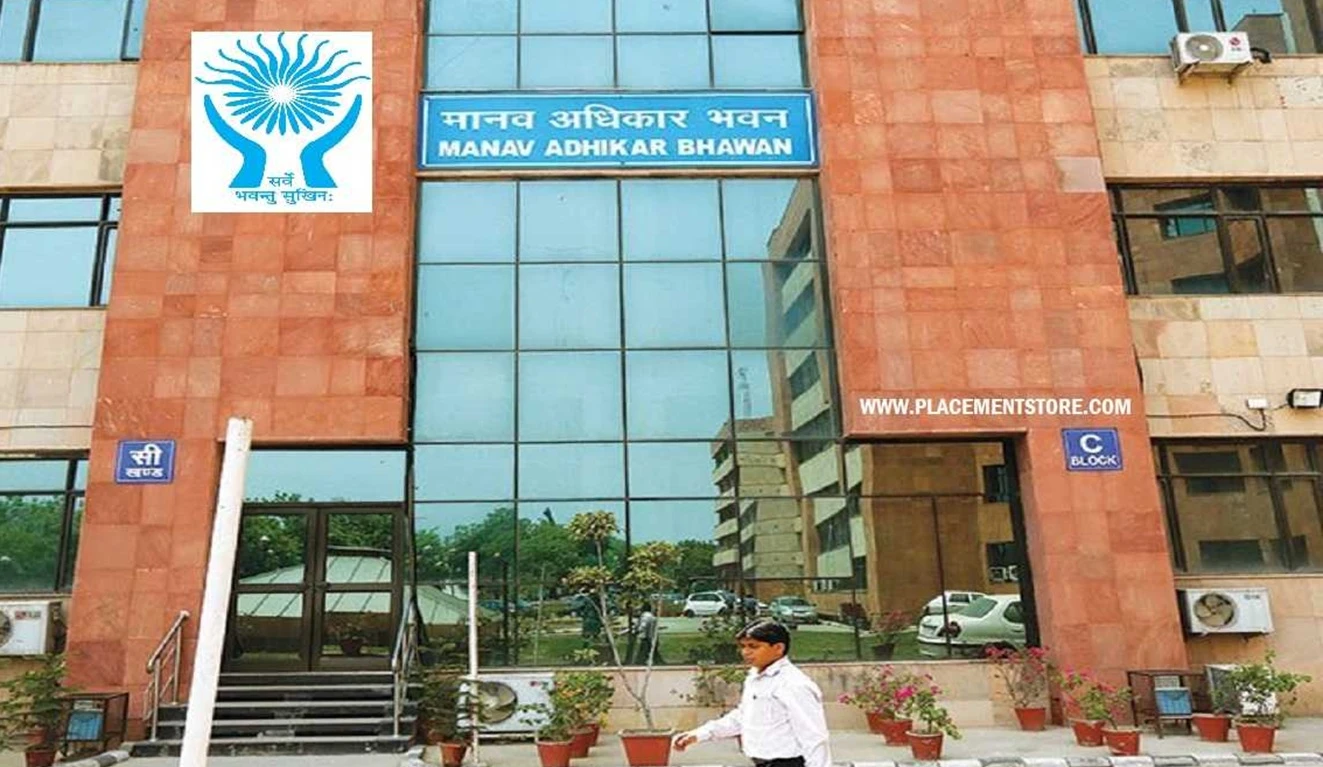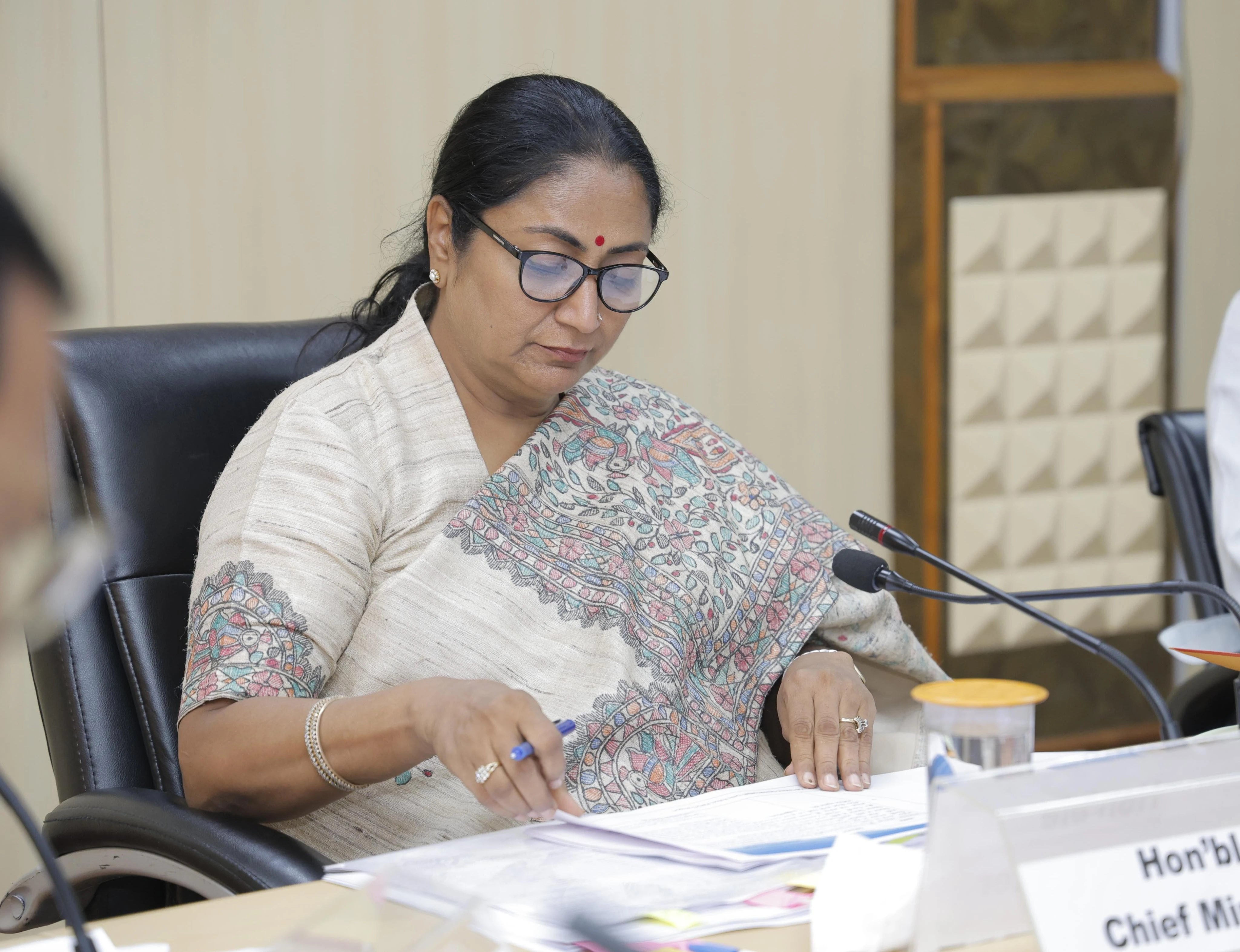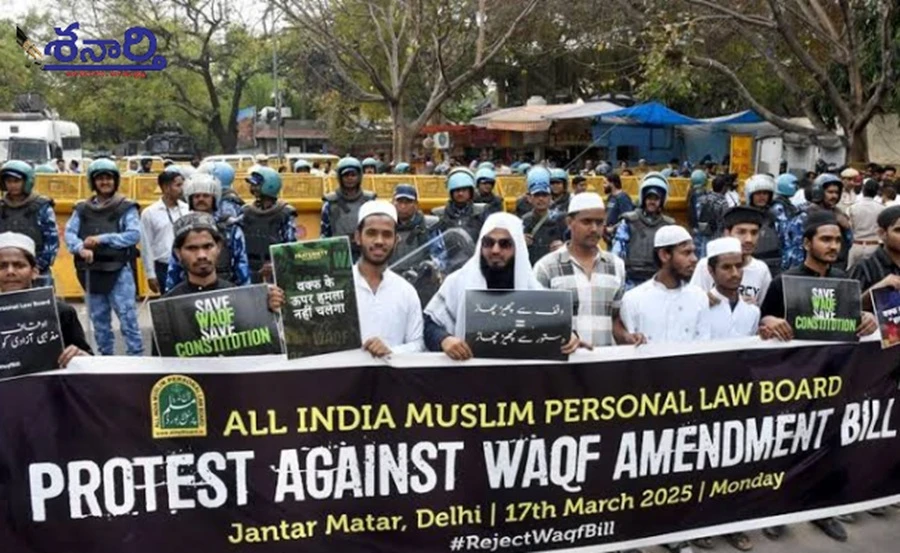New Delhi The Telangana government recently appointed Justice Shameem Akther, retired judge of the High Court, as chairperson of the Telangana Human Rights Commission (THRC).
The State’s Chief Secretary A. Santhi Kumari issued the order appointing Justice Akther for a term of three years, or until he attains the age of 70 years, whichever is earlier.
The post had been vacant for long, and the delay in appointment was taken up by the High Court.
Justice Akhther was in the limelight as he recently headed the one-man judicial commission constituted by the state government to recommend measures for implementation of the Scheduled Castes sub-categorization for extending reservations to sub-castes in education and employment. Based on Justice Akhther's report, the Telangana government passed the SC sub-categorization Bill in March this year.
Crucial role
State Human Rights Commissions (SHRCs) in India play a crucial role in safeguarding and promoting human rights at the state level. They are vital in addressing human rights issues independently of the government, fostering accountability, and justice.
In the case of Telangana, the position of Chairperson for the Telangana State Human Rights Commission (TSHRC) was vacant for a significant period. Reports indicate that the Telangana High Court had to intervene and set a two-week deadline for the state government to appoint the Chairperson and members.
Justice Shameem Akther’s appointment as Chairperson on April 11, 2025 was a culmination of the High Court’s order.
The prolonged vacancy was attributed to administrative delays and procedural challenges, including the Election Commission’s Model Code of Conduct which barred governments from making key decisions in the run-up to elections.
In many other States, the rights commission becomes dysfunctional when the posts of Chairperson and members are left vacant for long. Complaints of human rights violations cannot be addressed, leaving many cases unresolved.
Citizens seeking justice for human rights abuses faced delays, leading to frustration, and a lack of trust in the system.
It has been pointed out that the absence of leadership hinders the commission’s ability to proactively address human rights issues, conduct awareness programs, and recommend policy changes.
Often delayed appointment of Chairperson and members raise concerns about the HRC’s ability at the national as well as state level to effectively address human rights issues, and is often cited as one of the main challenges impeding its effectiveness.
The Global Alliance of National Human Rights Institutions (GANHRI), a network of 110 NHRIs worldwide based in Geneva, recently deferred NHRC’s accreditation for the second consecutive year, citing the lack of transparency in the appointment process and insufficient representation of women and minorities within the Commission.
Experienced legal luminary
Justice V Ramasubramanian, former Judge of the Supreme Court of India assumed the charge as the Chairperson of the National Human Rights Commission, (NHRC) India, on December 20, 2025, after being appointed by the President of India, Draupadi Murmu.
Addressing the gathering in New Delhi on the occasion, Justice Ramasubramanian highlighted India’s ancient tradition of valuing and practising human rights, even before the concept became globally recognized. Citing the Tamil poet Thiruvalluvar, he emphasized that human rights are deeply embedded in India’s cultural fabric. He also stressed that promoting and protecting human rights requires a collaborative effort among various stakeholders.
Ramasubramanian has had a distinguished career at the High Courts of Madras, Telangana and Andhra Pradesh, and Himachal Pradesh before being elevated to the Supreme Court. He has authored over a hundred judgements including in landmark cases such as the 2016 Demonetization policy and matters involving the validity of circumstantial evidence in bribery cases.
As Chairperson of the NHRC, the two priorities before Justice Ramasubramanian are, in his own view: 1) To regain the A Grade accreditation for India at the Global Alliance of National Human Rights Institutions (GANHRI); 2) To improve the existing working system of the NHRC in the country.
Ramasubramanian is of the view that his 17 years of judgeship “gives him the discipline” to aid in the NHRC functioning.
The challenges of upholding the human rights in a country as vast and diverse as India is no mean task, with 1.4 billion people professing 8 major religions, different ethnicities, castes, and communities, and speaking 22 major languages, 700 dialects.
In a media interview, Justice Ramasubramanian said, “We at the NHRC understand the limitations as well as the powers that can be exercised by our office.”
He observed that NHRC has the flexibility, and unlike a typical court, can intervene at various stages of a litigation process.”
The National Human Rights Commission was set up in October, 1993, by the Indian Parliament under the Protection of Human Rights Act, with a mandate to work for the promotion and protection of human rights by spreading awareness about them and taking cognizance of complaints of human rights violations.
The denial or impediments, whether in public/private sector, in realization of constitutional rights to life, liberty, equality, dignity, and the issues related to the benefits of Government welfare schemes and policies become matters of human rights violations for which the NHRC can be approached for remedy. It can call for any documents and summon any person in a case of human rights violation.
The NHRC has the powers of a civil court, and is a recommendatory quasi-judicial autonomous body.
Incidents which happened more than a year before the filing of complaint to the NHRC and issues which are sub-judice are not ordinarily entertained by the NHRC.
The victim or any other person on a victim’s behalf or on his own can file a complaint citing an incident of human rights violation caused by the inaction, commission and omission thereof by a public authority. The Commission can also take suo motu cognizance of any incident of human rights violation on the basis of media reports.
The NHRC does not charge any fee for the registration of complaints with it. The complaints, written on a simple piece of paper with complete contact details of the complainant can be sent directly to the Commission by post, fax, or online. The complaint must contain all relevant details of date and place of incident, nature of alleged violation, name of the public authority, if any, involved. The complainants are provided information of the registration and progress on their complaints, including final disposal.
The NHRC has actively engaged in addressing a wide range of human rights issues across India. Its efforts aim to promote and protect the rights of various marginalized groups and ensure adherence to human rights standards. Some notable issues taken up by the Commission include: Abolition of Bonded Labour; Abolition of Child Labour; Rights of the Disabled Persons; Rights of Persons Affected by HIV / AIDS; Steps to Check Custodial Deaths, Rape and Torture, etc.
Key challenges
The NHRC faces numerous challenges, including resource constraints, a heavy workload, and limited powers to enforce its recommendations that impede its effectiveness.
With regard to workload, the NHRC received 58, 741 cases in the present financial year. In March 2025 itself, as per an estimate, 3,776 fresh cases were received, 2,575 cases were disposed, and 10,340 cases are under consideration.
Some of the key challenges faced by the NHRC in its efforts to protect and promote human rights include: The NHRC can only recommend actions to the government, with no enforcement power, limiting its impact on human rights protection. The NHRC cannot impose penalties on perpetrators or directly provide relief to victims, undermining its effectiveness. Lacking an independent investigative mechanism, the NHRC relies on state and central governments, leading to potential bias, especially in cases involving state actors.
Concerns over political influence arise from the NHRC’s composition, which includes government-appointed former bureaucrats and judges.
The NHRC is often criticized for reacting to issues rather than proactively preventing human rights violations.
NHRC: The way forward
To bolster human rights institutions, reforms are necessary. These include granting SHRCs and the NHRC enforcement powers, expanding their investigative authority, diversifying membership, and ensuring financial autonomy.
Additionally, time-bound investigations, regular training, and improved accountability measures are crucial for more effective operations.
Spotlight on Human Rights in India: After Delay, Telangana Appoints Veteran Judge to Head Panel

To comment or like please login first....
Login/Register





